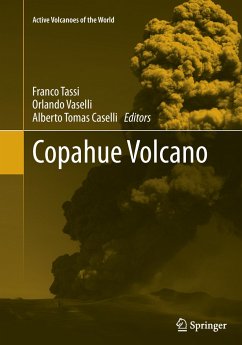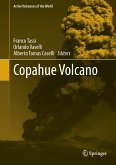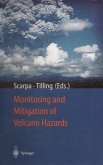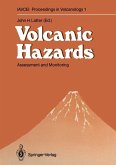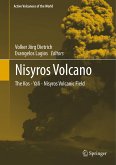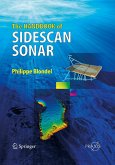This book provides a comprehensive description of the volcanological, petrological and geochemical features of the Copahue volcano, located at the border between Argentina and Chile. Scientific studies are limited for this volcanic system, due to its remote location and difficult access in winter. However, Copahue is one of the most active volcanic systems in the southern Andes. Monitoring the volcano's activity is of utter importance, as it provides means of existence for the nearby village of the same name, hosting the world's highest-located hot-springs resort.
This book's aim is to present the current monitoring activities, and to describe future research programs that are planned in order to mitigate volcanic hazards. Special attention is therefore devoted to the social and industrial activities close to the volcano, such as health therapies and geothermal energy exploitation.
In a special section, the Copahue volcano is presented as a terrestrial modern analog for early-Earth and Mars environments.
This book's aim is to present the current monitoring activities, and to describe future research programs that are planned in order to mitigate volcanic hazards. Special attention is therefore devoted to the social and industrial activities close to the volcano, such as health therapies and geothermal energy exploitation.
In a special section, the Copahue volcano is presented as a terrestrial modern analog for early-Earth and Mars environments.

